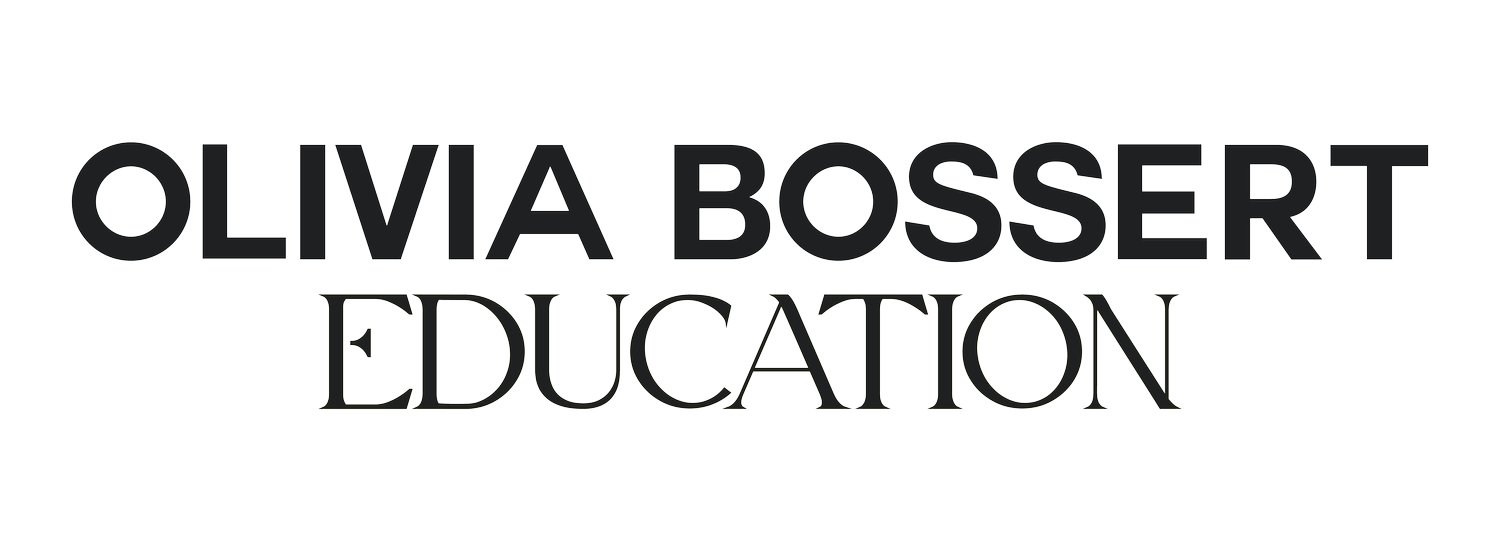How to Get Published in Fashion Magazines: A Complete Guide for Photographers
Want to get your work published in top fashion magazines like Vogue or ELLE? Learn the difference between submissions and commissions, how to pitch, build proposals, and get your editorials seen by the right people.
Here’s your complete roadmap to getting published in a fashion magazine, whether you're a new photographer or building on past work.
Submissions vs. Commissions: Know the Difference
There are two main ways to get published in a fashion magazine:
1. Submissions
You shoot the editorial yourself, then send it to magazines and ask if they’d like to publish it.
Submissions are often self-funded and are a great way to break in, especially with smaller or online magazines.
The downside? You don’t get a pull letter, so borrowing current-season clothing can be tricky.
2. Commissions
The magazine approves your concept in advance and gives you a pull letter, which allows stylists to access the latest collections from PR agencies.
Commissioned work is more prestigious but harder to land without a proven track record.
Why You Shouldn’t Wait to Be Discovered
There’s a common myth that artists need to be “found” to be taken seriously. That’s simply not true. The most successful creatives pitch their work proactively. You don’t need to wait, you need to lead. Treat it like a business. Market yourself. Put your work in front of editors.
How to Pitch to Fashion Magazines (Step-by-Step)
Here’s exactly what your proposal needs to include:
1. A Clear Concept
Your idea must be easy to understand. Include:
Shoot theme
Storyline
Target season (Spring/Summer, Fall/Winter)
2. A Mood Board
Make your pitch visual. Include:
General aesthetic
Styling references
Hair and makeup concepts
Sample lighting and set design
3. Shot List & Creative Details
Let the magazine know:
What kinds of shots you're planning (full body, detail, close-ups)
What the wardrobe and styling will look like
Where you plan to shoot (studio, outdoor, location)
4. Team Members (If Known)
Include names of your stylist, makeup artist, assistant, etc. If you haven’t assembled the team yet, no worries, this can be added later.
5. Visual PDF or Website Embed
Avoid walls of text. Use a clean, easy-to-read layout with clear headlines, bullet points, and visuals. A well-designed PDF or a webpage with embedded visuals works best.
When to Pitch: Timing Is Everything
Magazines work months in advance. To make pitching easier, use a Pitching Calendar (like the one I created—it’s £9 and saves tons of time). It tells you:
What to pitch in each month
Which season the magazine is currently sourcing for
Budgeting: Should You Fund the Shoot or Ask for Budget?
Most early-stage submissions are self-funded. Consider them a marketing expense. But once you’ve got a few shoots under your belt, you can start negotiating budgets—especially for larger productions.
Tips to reduce costs:
Shoot in your home or outdoors
Use natural light
Work with stylists who can source clothing from small designers or do buy-and-returns
Choose up-and-coming models and creatives
You don’t need a huge budget to create something publishable. In fact, one of my Harper’s Bazaar shoots was done in my living room with no cost.
Can You Pitch to Multiple Magazines at Once?
Yes! Pitch to multiple outlets but make it first come, first served. If more than one wants your shoot, offer similar ideas to the others. This is common practice, and most magazines understand the process.
Tips to Improve Your Chances of Getting Published
Choose magazines that align with your aesthetic - don’t waste time pitching to publications that don’t match your style.
Keep your emails and proposals short and impactful - nobody reads blocks of text.
Use past work as proof of concept -reference it in your pitch to show you can execute.
Never pay to be published - legit publications will never ask for money.
Be persistent - the biggest difference between those who get published and those who don’t is follow-through.
Why Getting Published Still Matters
While you don’t need to be published to succeed, getting featured in major fashion magazines gives you:
Credibility and social proof
Increased rates and client trust
Stronger portfolio for future pitches
It’s also just incredibly fulfilling to see your work in print.
Final Thoughts: Just Start Pitching
If you have:
A clear creative concept
A strong visual proposal
The courage to put yourself out there
...then you can absolutely get published. It may take a few tries, but it will happen.
So go ahead—create a shoot, build your proposal, send that email. I can’t wait to see your name in the credits.
Need help knowing what to pitch and when?
👉 Check out the Pitching Calendar – the easiest way to stay on track and stop guessing.

